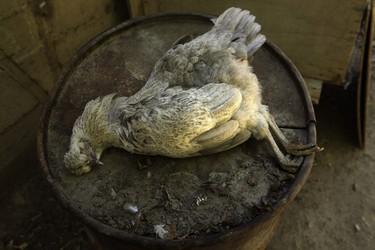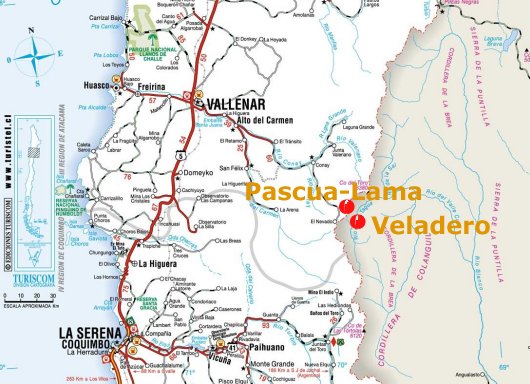
By Associated Press, Published: July 22
SANTIAGO, Chile — Chile’s Diaguita Indians are asking the country’s supreme court to require the world’s largest gold mining company to prepare a new environmental impact study for an $8.5 billion mine that straddles the mountaintop border with Argentina.
Attorney Lorenzo Soto filed the high court appeal Monday.
The Indians already won an appellate ruling that requires Barrick Gold Corp. to keep its previous environmental promises and says the watershed below the Pascua-Lama project is in “imminent danger.”
The Canadian company has publicly promised to do any work required.
But Soto says his 3,000 plaintiffs want Barrick to apply for a new permit that takes into account their anthropological and cultural claims to the watershed below the mine.
Barrick told The Associated Press it had no immediate comment on the court filing.
Copyright 2013 The Associated Press. All rights reserved. This material may not be published, broadcast, rewritten or redistributed.


